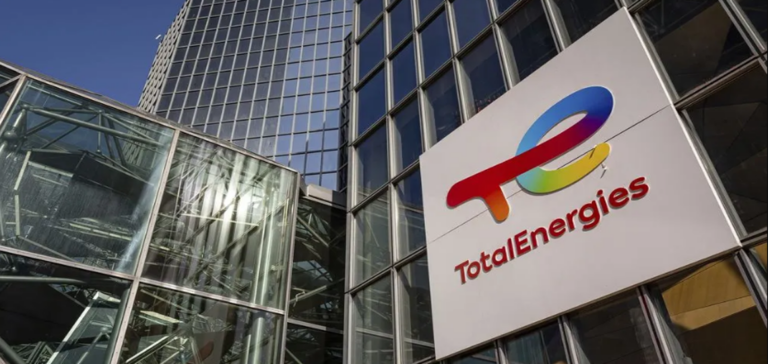TotalEnergies sells its oil sands business and finalizes a major strategic agreement that redefines its presence in the sector. This significant transaction involves key partnerships with ConoccoPhilipps and Suncor. This marks a turning point in the company’s energy strategy. In this article, we take a closer look at this operation, its implications and its importance for the energy sector.
TotalEnergies sells its shares
TotalEnergies has reached an agreement to sell its 50% interest in the Surmont oil sands deposit to ConoccoPhilipps. The transaction, valued at C$4.03 billion (€2.79 billion), also includes certain associated logistics obligations. Additional payments of up to 440 million Canadian dollars (around 305 million euros) are scheduled for the following year.
In addition to the sale to ConoccoPhilipps, TotalEnergies has signed an agreement with Suncor to sell it all its shares in Canada. This includes TotalEnergies’ interest in the Fort Hills oil sands deposit, as well as associated logistics obligations. The transaction is valued at 1.47 billion Canadian dollars (around 1 billion euros), with completion scheduled for the end of 2023.
TotalEnergies’ new strategic direction
Initially, TotalEnergies intended to sell all its shares in TotalEnergies EP Canada to Suncor. However, ConoccoPhilipps exercised its right of pre-emption on the Surmont assets, of which it already owned 50%. This strategic decision reflects TotalEnergies’ desire to focus its oil investments on low-carbon projects, marking a commitment to environmental sustainability.
Canadian tar sands and their environmental impact
The oil sands of western Canada represent one of the world’s largest deposits of crude oil. However, environmental NGOs heavily criticize their operations. The processes involved in turning tar sands into fuel generate three to five times more greenhouse gases than conventional oil, according to Friends of the Earth.
The finalization of these agreements with ConoccoPhilipps and Suncor marks a key chapter in TotalEnergies’ evolution as a major player in the energy industry. This strategic shift reflects the growing importance of sustainability and environmental responsibility in business decisions. It also highlights the challenges faced by the oil industry in the face of growing pressure to reduce greenhouse gas emissions.






















